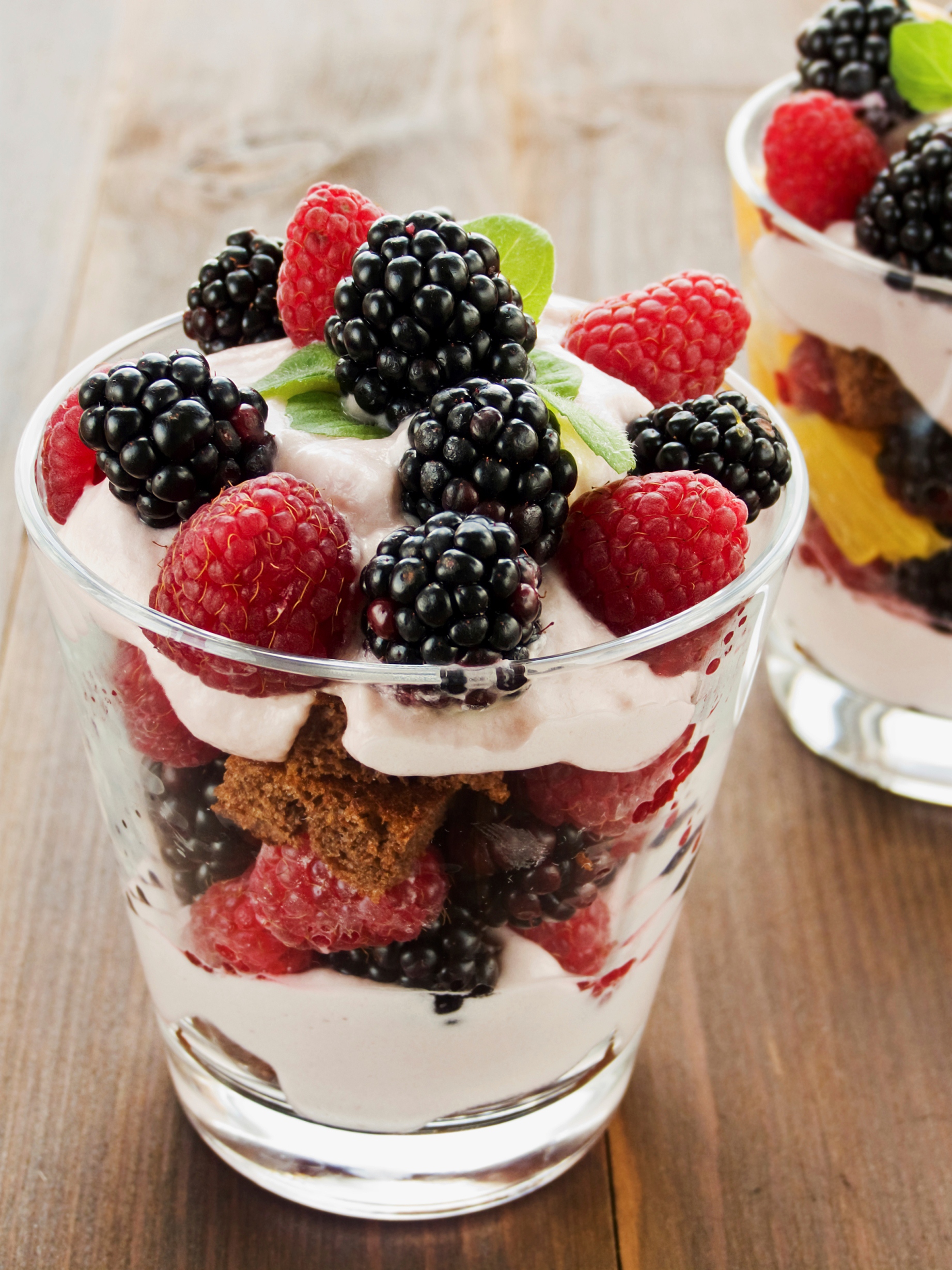Name: Kiara Powar
Age: 18 years
Profession:Professional
The journey so far …
I’m Kiara Powar, an 18-year-old who lives in Mumbai. I am currently the youngest sports caster in India. Before stepping into this exciting and challenging field, I was a professional badminton athlete and specialised as a double’s player. Diabetes has been a part of my life for as long as I can remember. I was diagnosed with Type 1 Diabetes at the age of two, and have spent my formative years coping and trying to overcome the considerable challenges that Diabetes imposes on a young child. The early signs, however, presented themselves much earlier – frequent urination being one of the most telling symptoms. However, back then, none of us knew what was causing it. Even at that early age, it was challenging to cope with this as it was often a source of embarrassment, especially when I was at social events or visiting someone and lost control of my bladder.
My father is a professional sportsperson and he travelled often for matches. My mother ran from pillar to post, trying to determine what was causing this excessive urination, bouts of vomiting and loss of appetite. In fact, she was also referred to a therapist to understand if I had any underlying psychological issues. But it was to no avail
One day, my father came home from a cricket match – he had not seen me in months – and just by looking at me, he could tell that something was very wrong. I had lost a lot of weight and I had been rejecting food. He was due to leave for his next match that evening but he instinctively knew that I needed him, and he decided to stay back. That very night, I slipped into a high sugar coma. Unfortunately, since there was little awareness about Type 1 Diabetes that my parents didn’t know what they were dealing with. We visited several doctors and received a number of prognoses, including kidney disease. It was only when we met a paediatrician who recognised the signs of a high sugar coma, that I received an accurate diagnosis. I was admitted to hospital immediately. That fateful day was the first time my family and I discovered that I had Type 1 Diabetes.
Impact of diagnosis
Diabetes has had a considerable impact on my family. Ever since I was diagnosed, I have had to take four injections a day, prick myself regularly to check my glucose levels, and be prepared to deal with the constant highs and lows of fluctuating blood glucose levels. It has been a lot to handle, not just for me but also for my parents. It has been an incredible journey of learning and has often been challenging but having supportive parents has really made a huge difference. My parents have stood by me through it all, constantly encouraging me to not think of Diabetes as an impediment, and motivated me to pursue my dreams.
I’m incredibly grateful for that.
However, even as a very young child, it didn’t take long for me to realise the tremendous social stigma (that’s often born out of ignorance) that surrounded Diabetes. When I was only 4-5 years old, a parent in our community refused to let their child play with me because they believed that Diabetes could spread through physical proximity and contact! Many parents were very queasy with my having to take injections and asked their children to stay away from me. Looking back at those experiences now, it seems absurd and quite ridiculous but it was really frustrating and isolating as a young girl.
My family and friends
 n
n
My parents’ insistence on relying on sound medical advice meant that they understood that staying active was an important part of Diabetes management. They really encouraged me to take up a sport that I was interested in. Contrary to popular belief, physical activities such as sports are crucial in maintaining your glucose levels and preventing weight gain, which is something that people with Diabetes often struggle with. I started with tennis, tried swimming and eventually found my calling in badminton. As a growing child, playing sports helped to keep my sugar levels and HbA1c in check.
However, there was a sense of alienation and prejudice that I encountered at school – for instance, when I left my class to visit the school nurse during lunch time, I would receive uncomfortable stares and mean comments about having to take injections. Those around me couldn’t accept that I had a legitimate medical condition and regarded me as ‘unusual’. I often felt singled out and different. At that young age, it was difficult to understand why I was being treated in that way.
As a child with Diabetes, my parents were also always concerned about letting me out of their sight for too long, worried about what would happen if I had a low sugar or hypoglycaemic episode in their absence.
They were understandably worried about me being too young to deal with such situations by myself. And so, I could not attend picnics and other school outings with my peers which was frustrating for me, as a child.
Although I know that Diabetes is often regarded as an impediment, I have always tried to adopt a positive outlook. Diabetes is an inseparable part of my life and I have had to learn to live my life to the fullest regardless of my condition. Managing
Type 1 Diabetes is undoubtedly challenging; but I focus on key aspects such as portion control, carbohydrate counting, and regular exercise. I know that some people make significant changes to their diet such as cutting down on carbohydrates or eating much more protein. However, my approach is one of balance I eat everything in moderation and maintain a wholesome diet. Of course, I do reduce my intake of sweets… but if I have a craving, I allow myself an occasional treat as long as I account for it with my insulin. As a diabetic, I have had to understand my body and the basics of what I should be eating (and how much) to keep my health in check.
When I was younger, I struggled with feeling left out from social events, such as picnics. It was very difficult for me to come to terms with why I couldn’t go. I would cry and plead with my parents, desperate to be a part of those activities. It felt very disheartening to be left out. However, as I’ve grown older, I’ve realised that my health must come first. I’ve learned to take the highs and lows in my stride, and strike a balance between my own aspirations and caring for my health.
More than being comfortable, I understand how important it is to talk openly about Diabetes. The more openly I discuss it, the more I can help to dispel some of the confusion and stigma that surrounds Diabetes. To this day, many people don’t understand that Diabetes can be of various types and the underlying reasons!
When I was younger, I was hesitant about being as open as I am today, especially when it came to taking my insulin in public places such as restaurants. I was afraid of the attention it attracted. My parents helped me to overcome this apprehension and embrace all parts of my life, including those that were affected by Diabetes. My parents encouraged me to take my injections in the open, without worrying about what others might say or think.
My friends have been incredibly supportive. They try to understand my condition to support me better, encourage me to make healthier nutrition choices and stay motivated to my fitness routines, and have even helped me during hypoglycaemic episodes. While there will always be people who judge and alienate you, I now know how important it is to surround yourself with supportive people. Thanks to their support, I am now more open about my Diabetes.
 n
n
Diet and exercise
I come from a sports family, as my father is a professional cricket athlete and coach.
And so, regular exercise has always been an important part of my life. For a diabetic, staying active is crucial for managing blood glucose levels. Besides, we all know the tremendous impact regular exercise has on your physical and mental wellbeing.
When it comes to my diet, I don’t follow a strict diet plan. Instead, I focus on portion control. I make sure to eat balanced meals. For example, if I’m having bhindi (okra) with chapati, I’ll eat one and a half chapatis with a larger helping of bhindi, along with some Greek yogurt. I stick to simple, home-cooked food what we call ghar ka khana and it works well for me.
During the COVID-19 pandemic, the gyms were shut and my routine was disrupted. I gained 10 kg due to a lack of physical activity. It was a tough period as insulin can contribute to weight gain, which was further compounded by not being able to exercise. However, once the lockdown lifted, I got back on track and resumed my gym routine. I gradually began to improve my physical conditioning and returned to my typical fitness routine.
 n
n
Managing Diabetes
I take four injections a day: one after breakfast, one after lunch, one after dinner, and one before bedtime. I take Humalog injections after meals and Tresiba before I sleep. In addition to insulin injections, I also use a Freestyle LibreLink sensor, which I replace every 14 days. This device has made managing Diabetes much easier by allowing me to check my sugar levels instantly. It’s a valuable tool that simplifies blood sugar monitoring and helps me to stay on top of my Diabetes management.
Managing Diabetes while playing sports presents unique challenges, especially at a professional level. One major issue is that injuries can take longer to heal for diabetics compared to those without Diabetes.
Additionally, managing blood glucose levels during physical activity can be difficult. For example, during a crucial tournament, my sugars dipped significantly. I suddenly began to feel very dizzy and my brain wasn’t functioning properly. That led to me losing the match despite being in a strong position to win.
During tournaments, managing my insulin and blood glucose levels was crucial I always aimed to keep my glucose levels above 180-190, to ensure that I wouldn’t face any dips during matches. This allowed me to stay focused on the game and without constantly being worried about hypoglycaemic episodes. If my sugars fell below 140-150, I made sure to consume little more carbohydrate or sweet to raise them. This proactive strategy helped me to maintain stable energy levels and perform effectively during tournaments. There were times when I faced hypoglycaemic episodes during tournaments and on the court. To handle this, I keep a box of Glucon-D handy as a fast-acting simple carbohydrate, it helps to spike my glucose levels quickly. Additionally, I made sure to eat a banana every hour. Pursuing professional sports as a diabetic is certainly much more challenging. It requires careful management and a lot of determination.
A word of advice
Maintaining a lifestyle with Diabetes involves managing the ups and downs and taking them all in your stride. Of course, a healthy diet and regular exercise are important pillars of my lifestyle. What inspires me is the realisation that Diabetes doesn’t have to restrict my life. I believe you can enjoy everything in moderation. Yes, there are days when I indulge in junk food. I manage my glucose levels by taking extra insulin and working out a little extra to balance it out.
The key for me is portion control, a balanced diet, and carb counting. These elements help me to maintain a healthy and happy life. I stay motivated by knowing that nothing is off-limits if I work towards it, have a mindful approach and am optimistic about what the future holds.













